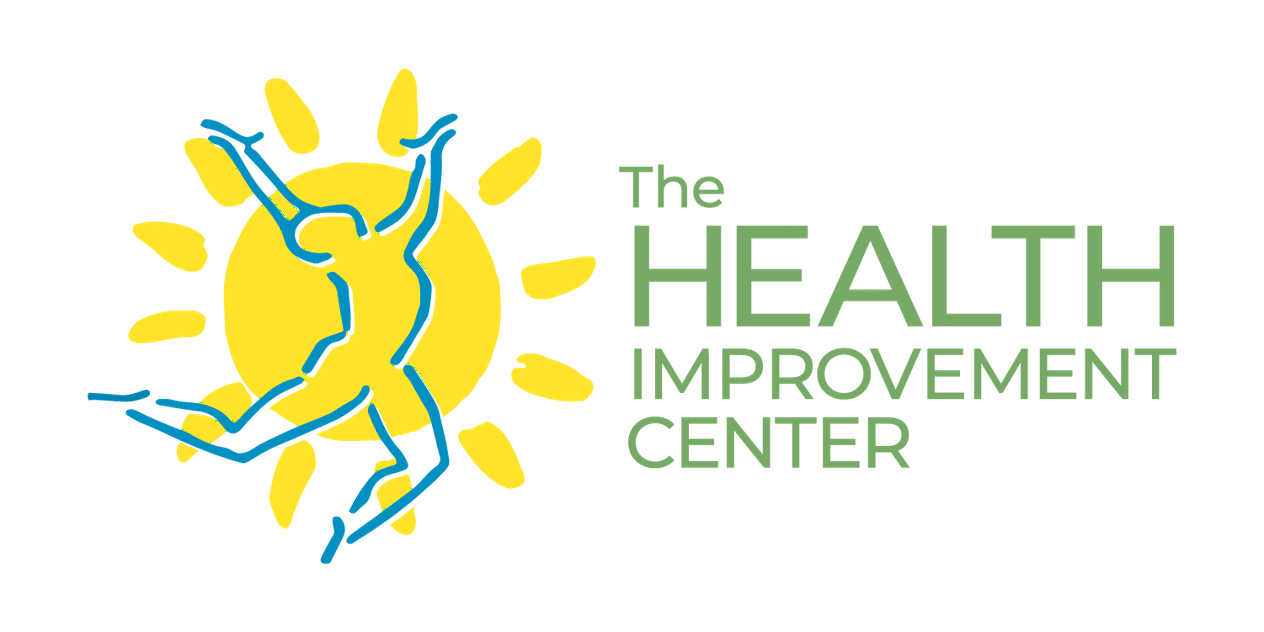
Welcome to The Health Improvement Center blog! Today, we’re diving into an essential topic for anyone interested in maintaining a healthy diet: the difference between good fats and bad fats. Understanding these differences is crucial for making informed choices that support your overall well-being. Let’s explore which fats are beneficial for your health and which ones you should avoid.
The Role of Fats in Your Diet
Fats are an essential macronutrient, playing a vital role in various bodily functions, including energy production, nutrient absorption, cell wall formation and hormone regulation. However, not all fats are created equal. Some fats can promote health, while others can contribute to chronic diseases.
Good Fats: Nourishing Your Body
Good fats, also known as healthy fats, are vital for your health. These fats can help reduce inflammation, support brain function, and improve heart health. Here are some examples of good fats you should include in your diet:
-
Animal Fat:
- Found in meats and dairy products, animal fat from grass-fed and pasture-raised animals is rich in essential fatty acids and fat-soluble vitamins.
-
Olive Oil:
- Extra virgin olive oil is a staple of the Mediterranean diet and is known for its heart-healthy monounsaturated fats and powerful antioxidants.
-
Grass-Fed Butter:
- Butter from grass-fed cows is higher in beneficial nutrients like omega-3 fatty acids, vitamin K2, and conjugated linoleic acid (CLA).
-
Avocados:
- Avocados are loaded with monounsaturated fats, fiber, and essential nutrients, making them a great choice for heart health and overall wellness.
-
Nuts:
- Nuts like almonds, walnuts, and macadamia nuts are packed with healthy fats, protein, and fiber, which can help reduce the risk of heart disease.
-
Ghee:
- Ghee, or clarified butter, is a traditional staple in Indian cuisine. It is rich in beneficial fats and has a high smoke point, making it ideal for cooking.
Bad Fats: What to Avoid
Bad fats, also known as unhealthy fats, can have detrimental effects on your health. These fats can increase inflammation, raise cholesterol levels, and contribute to chronic diseases such as heart disease and diabetes. The primary culprits are often found in seed oils, trans fats, processed and fried foods. Here are some examples of bad fats to avoid:
-
Seed Oils:
- Seed oils, including soybean oil, corn oil, sunflower oil, and safflower oil, are high in omega-6 fatty acids, which can promote inflammation when consumed in excess. In addition, 80% of soy in the US marketing is genetically modified.
-
Vegetable Oil:
- Vegetable oil is a common ingredient in many processed foods and is often highly refined, leading to the loss of beneficial nutrients and the presence of harmful compounds.
-
Canola Oil:
- While canola oil is marketed as a healthy option, it is often highly processed and can contain trans fats, which are linked to heart disease and other health issues.
Why Good Fats Matter
Incorporating good fats into your diet can provide numerous health benefits, including:
-
Heart Health:
- Good fats can help reduce cholesterol levels and lower triglycerides, thus lowering the risk of heart disease.
-
Brain Function:
- Healthy fats are crucial for brain health, supporting cognitive function, and reducing the risk of neurodegenerative diseases.
-
Inflammation Reduction:
- Good fats have anti-inflammatory properties, helping to reduce chronic inflammation and its associated health risks.
-
Nutrient Absorption:
- Fats are necessary for the absorption of fat-soluble vitamins (A, D, E, and K), ensuring your body gets the nutrients it needs.
Tips for Incorporating Good Fats into Your Diet
-
Choose Quality Sources:
- Opt for high-quality, minimally processed fats from whole foods like avocados, nuts, and grass-fed butter.
-
Cook with Healthy Oils:
- Use olive oil, coconut oil, or ghee for cooking and avoid using seed oils and vegetable oils.
-
Snack Smart:
- Choose nuts or seeds as snacks instead of processed chips or crackers.
-
Read Labels:
- Check food labels to avoid products with unhealthy fats and trans fats.
Understanding the difference between good fats and bad fats is essential for making healthier dietary choices. By incorporating good fats like animal fat, olive oil, grass-fed butter, avocados, nuts, and ghee into your diet, you can support your heart, brain, and overall well-being. At the same time, avoiding bad fats like seed oils, vegetable oil, and canola oil can help reduce the risk of chronic diseases and promote a healthier lifestyle.
At The Health Improvement Center, we are dedicated to helping you achieve optimal health through informed dietary choices and natural health care solutions. If you have any questions or need personalized nutrition advice, feel free to reach out to us.
Stay Healthy and Thrive,
Dr. Katie Thompson, DC, MSTN
Phone
Address
10006 Carrington Pl, Manassas, VA 20109
Hours
Monday 9am to 1pm
Wednesday 9am to 2pm and 4pm to 7pm
Friday 9am to 2pm and 4pm to 7pm
Saturday 9am to 1pm
Disclaimer – Privacy Policy – Terms and Conditions|©Copyright 2023. All Rights Reserved.
